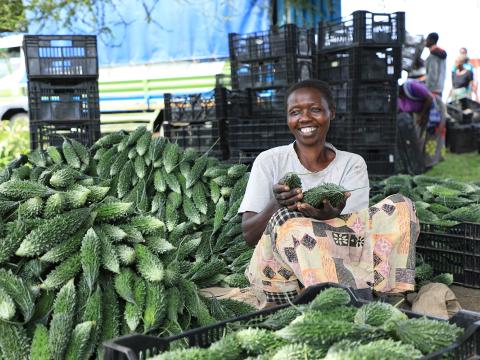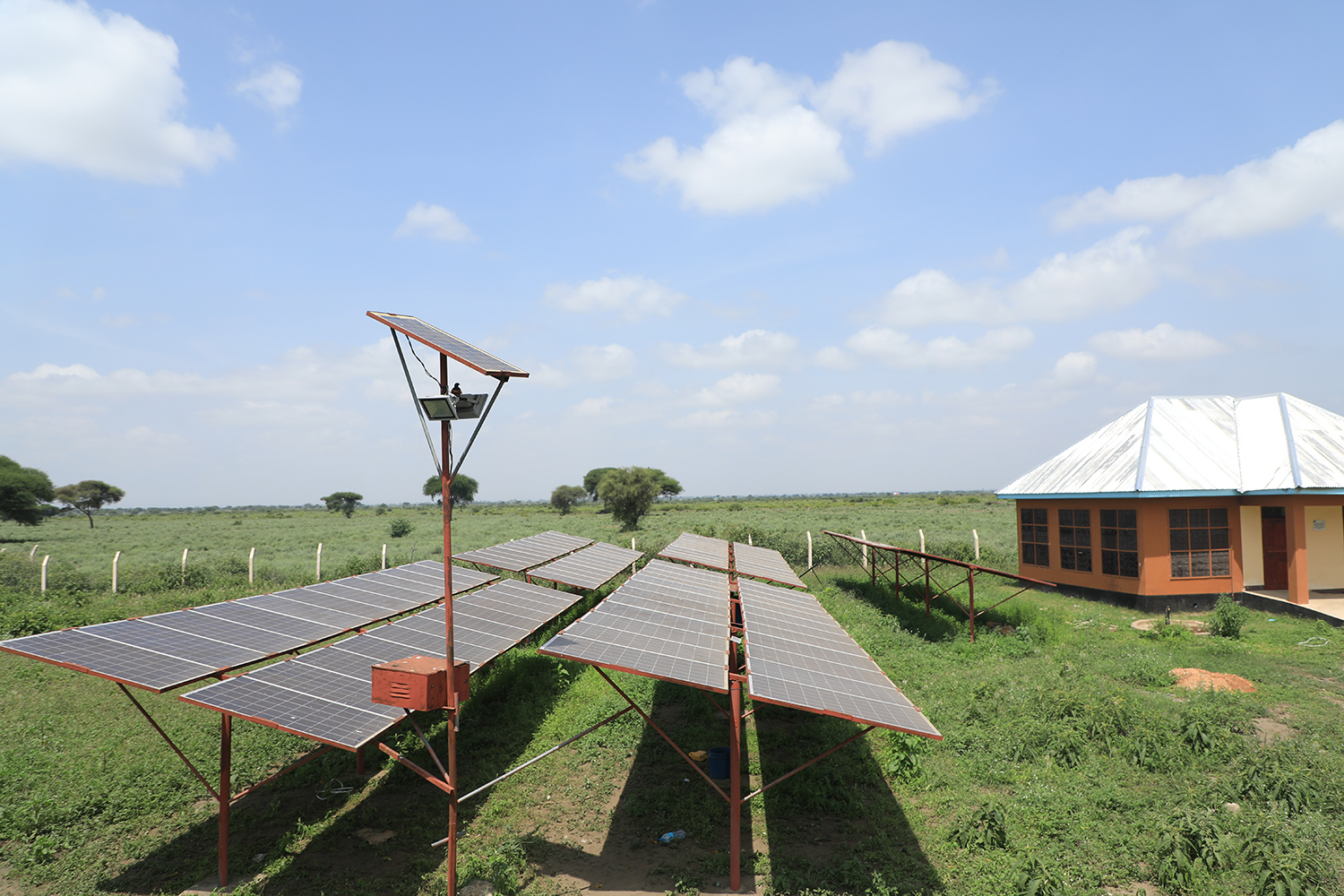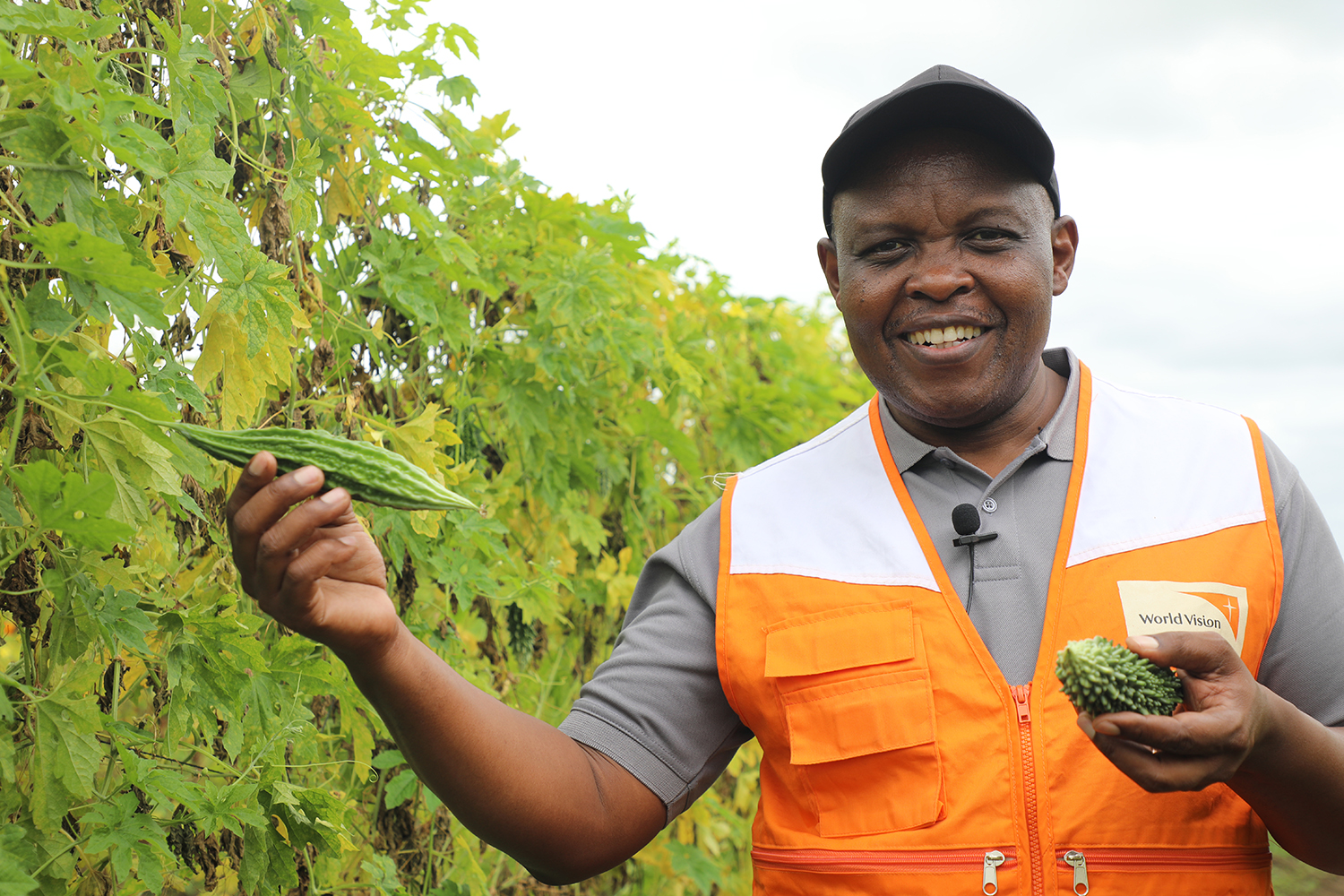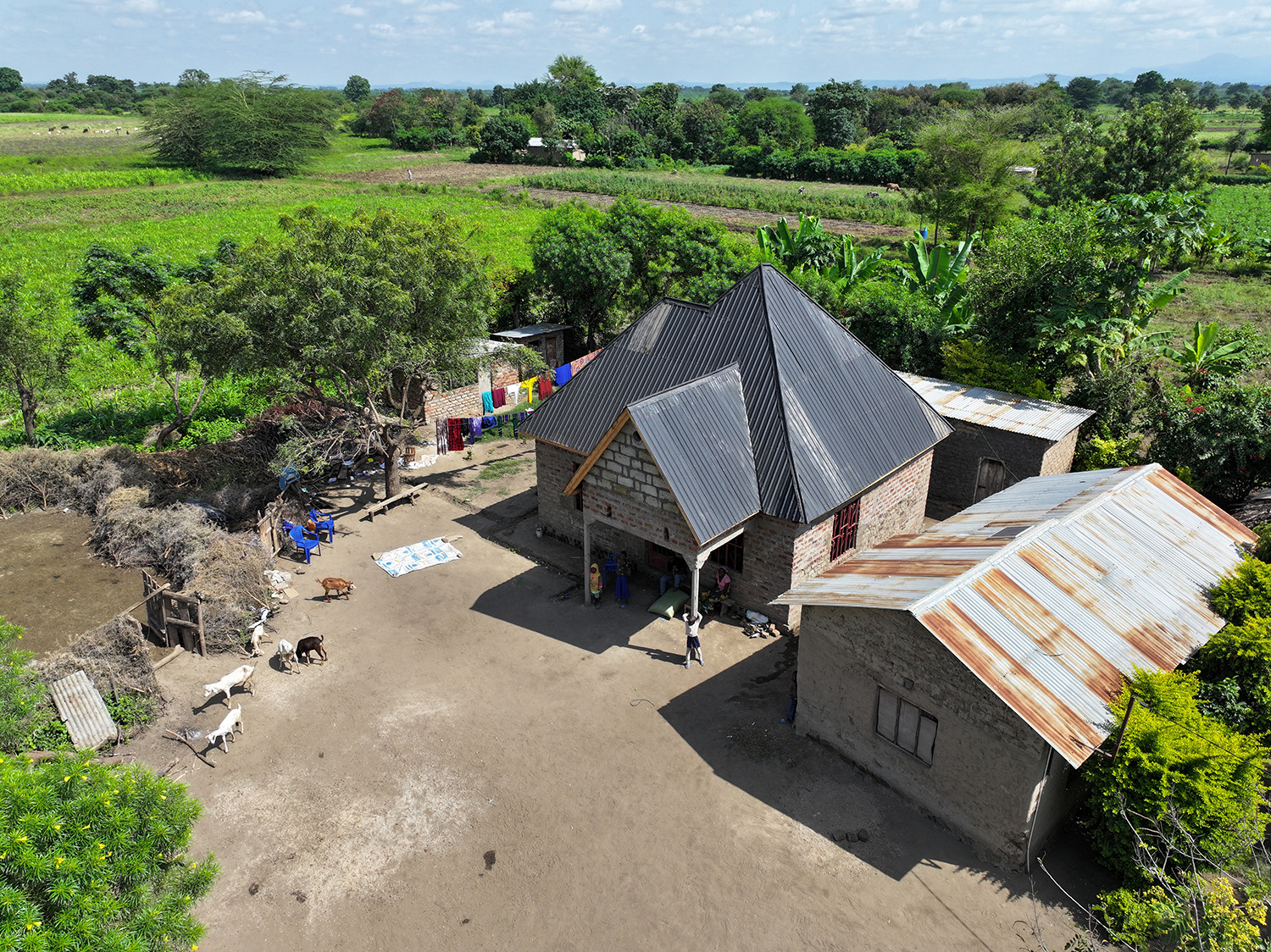What are bitter gourds and how did their cultivation transform a community in Tanzania?

For decades, Shamkeri farmers faced numerous challenges. They relied on rain-fed agriculture, primarily growing maize and beans, often with uncertain harvests and no clear market for their produce. In most cases, they harvested only about 5% of what was expected.
Between 2014 and 2015, Shamkeri farmers approached World Vision, seeking assistance to overcome critical challenges such as: drought, poor access to quality inputs, limited market access, and a lack of entrepreneurship skills. World Vision responded by collaborating with the government to organize the farmers into the formally registered "Shamkeri Producer Association" and provided training on mindset and behavioral changes. Additionally, World Vision staff in Tanzania invested in strategic infrastructure, including drilling a borehole, installing solar panels, constructing a fence, and building a grading shade.

The government assigned an extension officer to work with the farmers, while the Tanzania Horticulture Association (TAHA) was engaged for market linkage, agronomic, and entrepreneurship skills while Vision Fund Tanzania provided financial support. From 2019 to 2021, the farmers began horticulture, realizing profits compared to their previous maize and bean harvests.
But, in 2020, World Vision and TAHA partnered with a private company, Moonlight, to introduce a new product: bitter gourd for overseas export. Initially, farmers were hesitant to adopt this new crop, but 10 farmers took the risk and cultivated 10 acres in the first season of 2020. The results were impressive. They experienced more than 500% increase in income and profitability compared to other crops like tomatoes, green peppers, and watermelons.

Although the World Vision project phased out in 2021, Shamkeri farmers continued to thrive with support from the government and private sectors such as TAHA, the Moonlight Company, and Vision Fund Tanzania. Three years later, the Producer Association has taken full ownership of the project, including renovation and maintenance.

Almost every project participant has a success story. Many have built better shelters, purchased farms, sent their children to school, and accessed other basic necessities as a result of their increased incomes. Many farmers who did not participate in the original pilot programme have also started to farm the product to to meet the growing market demand.